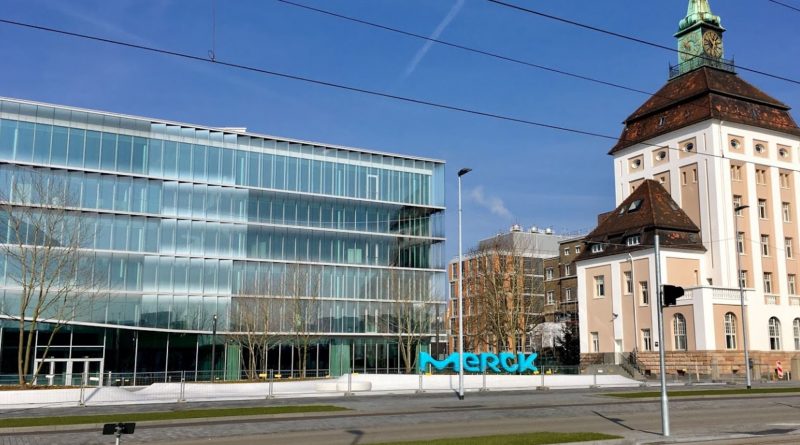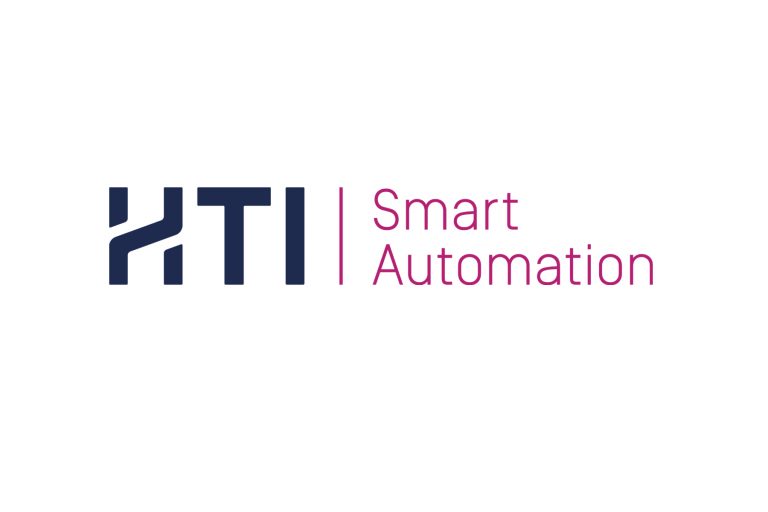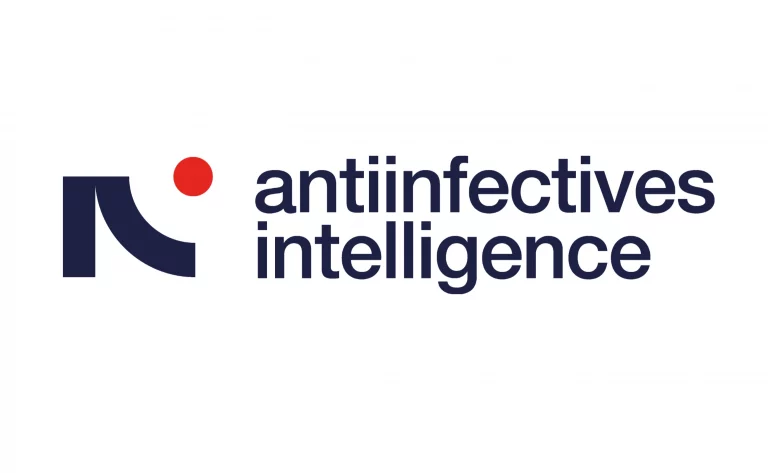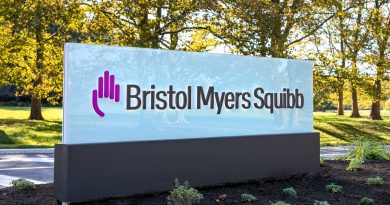Merck’s Biotech Manufacturing Facility, Aubonne, Switzerland
Merck’s biotech manufacturing facility is located in Aubonne, Canton de Vaud’s Morges district in Switzerland. In this region, the 360 companies and 400 laboratories provide employment for around 20,000 people.
Merck’s Biotech Manufacturing Facility Production
Established in 1984, Aubonne’s current manufacturing facility is capable of performing the entire production cycle in biotech, including small-scale process development of drug substances, commercial production of biological drug substances, filling/finishing and packaging activities.
Merck’s biotech manufacturing facility was last expanded in 2017 when a new state-of-the-art packaging building was added to the site. This facility has been built for visual inspection, secondary packaging, and biotech medicines shipping.
Aubonne Biotech Facility Expansion
Merck announced fresh plans to expand its production facility for biotech in Aubonne, Switzerland, in March 2019.
Aubonne is one of two key sites manufacturing the pharmaceutical medicines of the organisation, the other is in nearby Vevey. The Aubonne biotech site houses regional operational offices and laboratories, including manufacturing, distribution and quality control.
The latest expansion is part of an investment programme of CHF1bn ($1bn) launched in Switzerland by Merck’ over the last ten year. Construction is planned to be completed in 2020.
The expansion includes a development and production facility for biotechnology, which will cost approximately $165.85 million over a five-year period. The plant is expected to help the multinational pharma company meet the increasing global demand for biotech drugs and boost its biotech medicines portfolio.
Merck’s Biotech Manufacturing Facility Technology & Design
With an innovative architectural design and cutting edge technology, the new building will incorporate aseptic filling and quality control laboratories.
A flexible functioning model will be adopted by the facility to increase productivity on demand. It is expected that the new laboratory for quality control will be operational in 2021.
To avoid contamination hazards, aseptic filling lines will be equipped with insulator technology. For aseptic filling, the technology uses good practice to ensure the safety of injectable drugs.
For freeze-dried formulations, one of these lines will be used while the other will process liquid formulations. After approval from the regulatory authorities, they are scheduled to be operational in 2023.
The set-up would replace the existing infrastructure and undergo engineering and capability upgrades, allowing up to 27 million vials per year to be produced.
Medicines to be developed in the Aubonne biotech facility
Merck’s new biotech manufacturing facility will produce, licenced medicines such as Gonal-f ® (injection follitropin alfa) and Bavencio ® (avelumab).
GONAL-f® (follitropin alfa) for injection
GONAL-f ® (follitropin alfa) is a Recombinant Human Follicle-Stimulating Hormone (r-hFSH). The active substance in GONAL-f, follitropin alfa, is a copy of the natural hormone FSH which controls reproductive function.
In women, FSH stimulates the production of eggs. Gonal-F is used when a woman desires pregnancy and her ovaries can produce a follicle but hormonal stimulation is not sufficient to make the follicle mature. Follicle stimulating hormone (FSH) is also used to stimulate the development of multiple eggs for in vitro fertilization (IVF).
The follitropin alfa in GONAL-f is produced by a method known as ‘recombinant DNA technology’: it is made by a cell that has received a gene (DNA), which makes it able to produce human FSH.
Merck’s GONAL-f ® pre-filled pen injection device design can give patients more confidence in administering their treatment. Merck’s GONAL-f® (follitropin alfa) is part of the first pre-filled, ready-to-use set of injection devices for fertility treatment and received the Red Dot Design Award in 2015.
BAVENCIO® (avelumab)
Merck and Pfizer announced a strategic alliance to co-develop and co-commercialize BAVENCIO in In November 2014.
BAVENCIO® (avelumab) is a fully human monoclonal antibody (mAb), indicated for the treatment of adults and pediatric patients 12 years and older with metastatic Merkel cell carcinoma (mMCC).
It is the first and only FDA-approved anti-PD-L1 immunotherapy for mMCC. Preclinical models have shown BAVENCIO to engage both the adaptive and innate immune functions. By blocking the interaction of PD-L1 with PD-1 receptors, BAVENCIO has been shown to release the suppression of the T cell-mediated antitumor immune response in preclinical models. Further, BAVENCIO has shown to induce NK cell-mediated direct tumor cell lysis via antibody-dependent cell-mediated cytotoxicity (ADCC) in vitro.
Continued approval for the treatment indication may be contingent upon verification and description of clinical benefit in confirmatory trials.
Investigational cancer candidate M7824 (bintrafusp alfa)
The facility will also develop products such as investigational cancer candidate M7824 (bintrafusp alfa). In February 2019, German Merck and GlaxoSmithKline (GSK) announced an alliance to co-develop and co-commercialise M7824 (bintrafusp alfa) under a deal worth approximately €3.7 billion ($4.2 billion).
M7824 (bintrafusp alfa) is currently under clinical development and being studied to treat multiple cancers that are difficult to treat, such as non-small cell lung and cancers of the biliary tract.
M7824 is designed to aggregate transforming growth factor-β (TGF-β trap) with an anti-programmed cell death ligand-1 (PD-L1) mechanism in one fusion protein.
More about Merck KGaA
Merck KGaA is a German multinational pharmaceutical company, headquartered in Darmstadt, that operates in the healthcare, chemicals, life science, and advanced materials markets. Founded in 1668, Merck is the oldest operating chemical and pharmaceutical company in the world.
Globally, Merck KGaA has an 18-site facility network to manufacture the company’s biotech and pharmaceutical medicines for some 70 million patients worldwide.
The company is present in Switzerland at 11 locations, where 2,300 people are employed. It has around 52,000 workers worldwide in 66 countries. Merck KGaA is listed on the DAX index of Germany’s top companies. In 2018, Merck generated sales of € 14.8 billion, a 2.2% increase from 2017.
Recommended Companies







